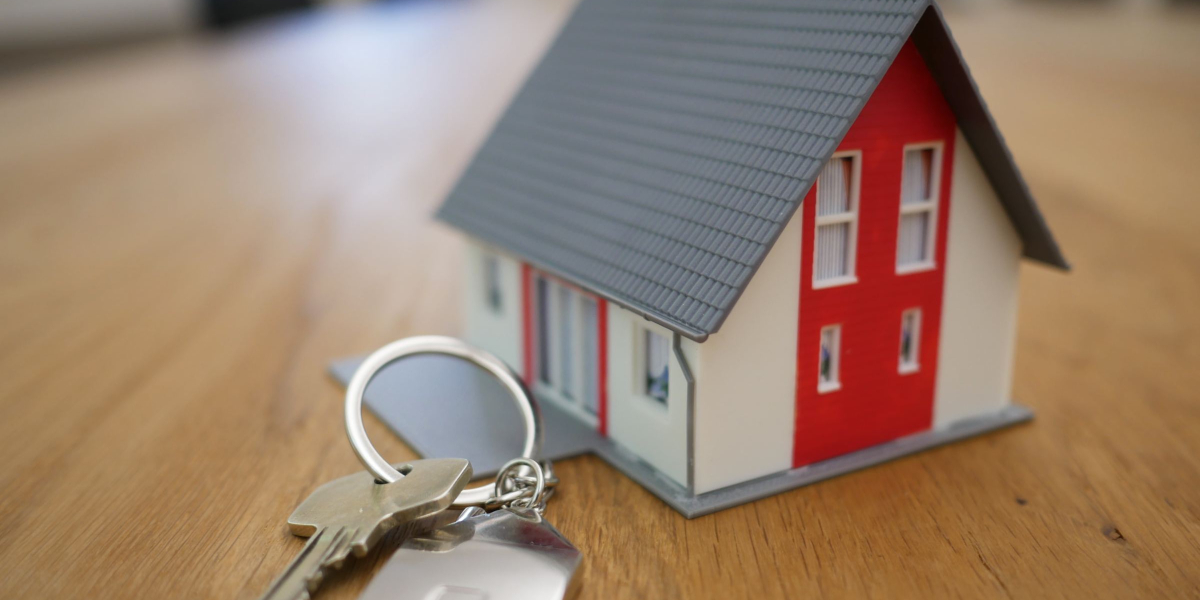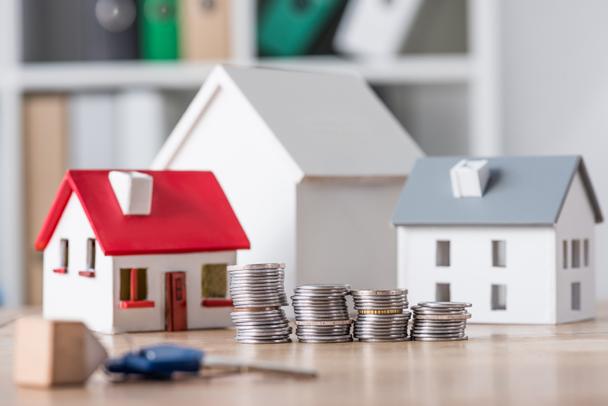What Is Property Investment?
Property investment is made up of two key concepts: Property Development and Property Management.
Property Development includes designing, constructing, and selling property. These are property professionals who get involved at the start of the process – they work on building the property from the ground up, usually in association with financiers, developers, architects and engineers.
Investing in property is a rewarding and profitable endeavour. It’s been proven to be a great way to build wealth, especially when making long-term investments. This article will explore the benefits of investing in property and how it can be beneficial for your financial future.
The Benefits of Investing in Property
– Creating Wealth: One of the most obvious benefits of investing in property is that it creates wealth. Investing in residential property, for example buying NDIS rentals through an SDA loan can give you a solid return on investment, which often exceeds what you would get from other investments such as stocks or bonds.
– Increase Your Net Worth: Another benefit of investing in residential property is that it increases your net worth when you sell the home at a profit or use the equity when you take out a mortgage.
-Tangible Asset: Owning a tangible asset that can be passed on to your children or loved ones when you die
-Mortgages Tax Deductible: Mortgages are tax-deductible in most countries around the world
How to Build a Successful Investment Portfolio?
SMSF Property investment is a form of investment where an individual buys a property and pays off the loan. It is a long-term investment that offers the potential for substantial capital appreciation and provides a variety of other benefits.
Investment portfolio refers to securities, including stocks, bonds, real estate, mutual funds and other investments that an individual or institution owns. There are many different ways to build a successful portfolio, but the most important thing is to understand how each asset class performs in different economic environments.
Property investors, more than any other investor class, understand the importance of research and analysis. The more you know about your preferred investment type and location, the better prepared you’ll be to put together a successful portfolio.
Does Buying a House Make Sense as an Investment?
Buying a house as an investment makes sense if you are careful. You need to think about how long you will hold on to the property, your understanding of the housing market in your area, and whether you have enough money to cover any potential costs.
There are many ways people can invest their money, but what exactly is the definition of an investment? An investment can be defined as something that has potential for future economic gains or losses.
When we buy a home for our own use, we usually see it as an investment in our future and that of our family.
Buying a house is not always the best financial decision. It is not always a good investment because house prices can rise and fall.
In order to make a good investment, it is important to think about the future of the economy and ask yourself if you believe that house prices will increase or decrease in the future.
There are many reasons that purchasing a home can be seen as an investment:
- We may be able to rent out the property and make money from it;
- When the time comes to sell, we should get more money back than what we paid for it;
- If mortgage rates go up, the value of the property could rise with them;
- The rise in housing prices (in some areas) can also add value to our investment.
Different Ways To Structure Investments In Residential Properties
Investing in residential properties is not always easy and straightforward. There are different ways to go about it.
There are three main approaches to investing in residential property: buying a new home, renovating an old one, or purchasing pre-owned homes. The first option is the most expensive but also the most secure. People who opt for this investment strategy buy new homes that they live in themselves or rent out to other tenants. The second option is more affordable but less secure than buying a new home. It involves renovating an existing home and increasing its value by modernizing it with amenities like central heating and air conditioning, adding parking spaces, etc. The third approach involves purchasing pre-owned homes which might be cheaper than buying new ones but the risks are greater because of the lack of guarantees about the quality
Risks When Investing In Property – The Good and The Bad
When considering investing in property, there is a range of factors that need to be addressed for people to weigh up the risks and opportunities.
The Good: Property is an excellent long-term investment for anyone, and can be a way to build wealth over time.
The Bad: There are risks and pitfalls when it comes to investing in property.
Investment properties can be a great way of building wealth over time if done the right way. However, there are also risks and pitfalls that come with investing in these types of assets. The key is weighing up the risks and making informed decisions about what kind of investment plan is right for you based on your personal circumstances.
Conclusion & Timeless Principles For Smart Property Investments
In conclusion, there are a few universal principles that can guide a person to find the best investment property. The first one is the location of the property. Try to spend as much time as possible looking at properties in different neighbourhoods and look for those that have good public transportation, proximity to important landmarks, and access to local amenities.
Another principle is understanding tax incentives and programs that can help with financing or affordable housing opportunities. A third principle is choosing rent or buy options. It’s more beneficial for some people to buy rather than rent because they will likely make more money on their investment if they choose wisely and make sure they’re committed over the long term.

